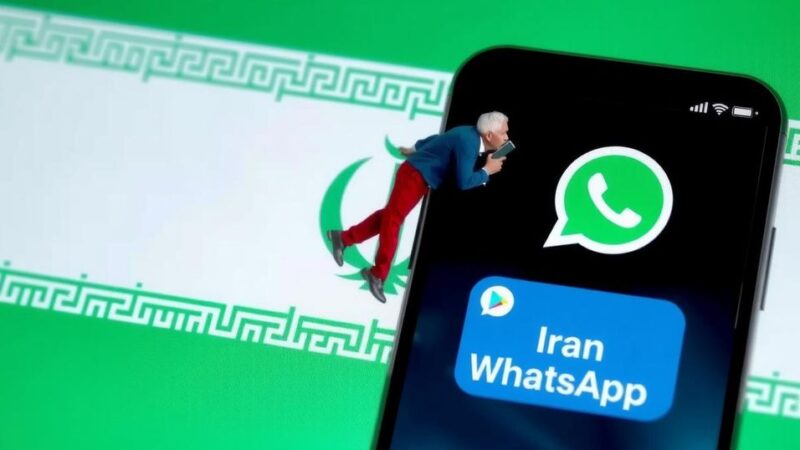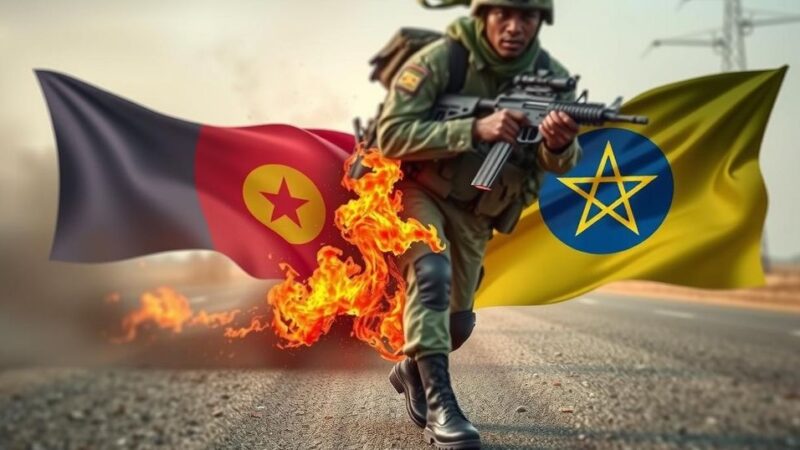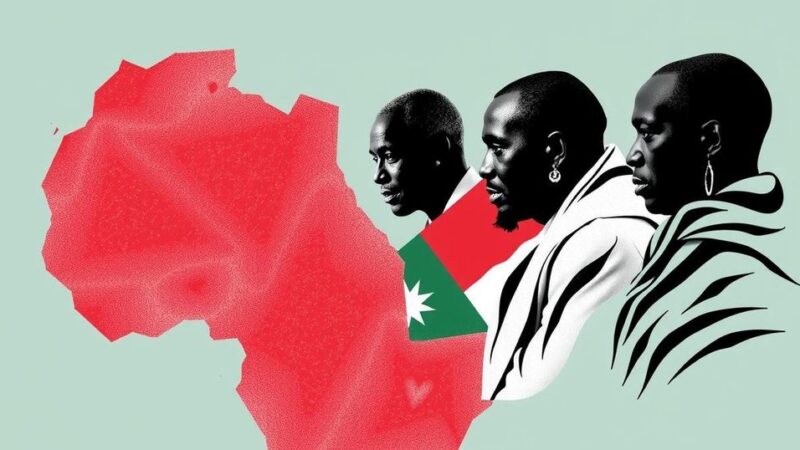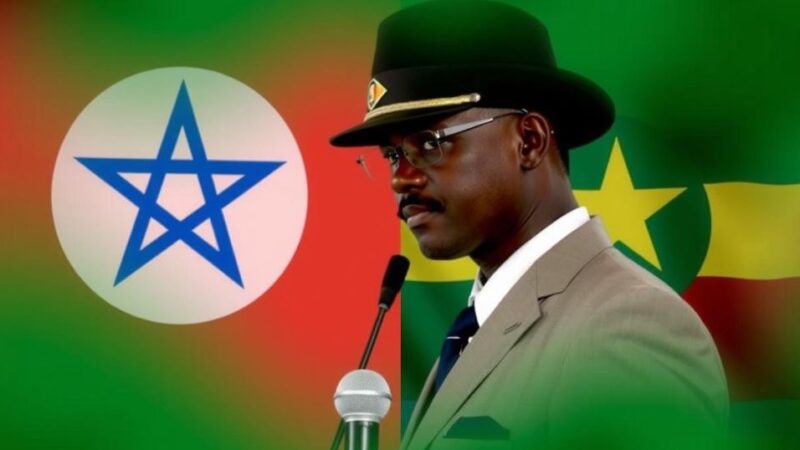The Middle East is facing heightened conflict following Israel’s military actions against Hezbollah in Lebanon and Iran’s missile strikes. Experts assess that Israel’s objectives have shifted from merely weakening Hezbollah to aiming for its permanent neutralization. The conflict has disrupted the balance of power, eliciting concerns regarding Iran’s nuclear ambitions and complicating Israel’s political strategies in Gaza. The potential for wider regional instabilities continues to grow, highlighting the need for diplomatic interventions.
The ongoing conflict in the Middle East, particularly the recent escalation involving Israel, Hezbollah, and Iran, poses a significant threat of wider regional instability. Experts suggest that while Israel initially aimed to weaken Hezbollah’s influence, its long-term aspiration appears to involve the neutralization of this group. The recent military operations have indeed caused considerable damage to Hezbollah; however, the elimination of such a well-entrenched organization seems implausible. Moreover, Israeli military objectives now also emphasize the restoration of stability for civilians in northern Israel who have been displaced due to continued hostilities. Significantly, there are indications that this conflict could shift the balance of power in the region. Although it is premature to draw definitive conclusions, experts assert that Iran and its affiliates are currently in a precarious position. The recent events have disrupted the longstanding detente between Iran and Israel, creating an atmosphere ripe for geopolitical change. The discussion around Iran’s nuclear ambitions has also evolved in light of these developments. A faction within the Iranian establishment may push for the development of a nuclear arsenal, perceiving it as a potential countermeasure to Israel. This ambition is driven by an entrenched animosity towards Israel, as articulated by numerous Iranian officials. However, there exists a more pragmatic viewpoint within Iran, suggesting a desire to distance from direct involvement in the Palestinian struggle. In parallel, the Israeli military operations in Gaza have begun to elicit broader discontent among Arab populations sympathetic to the Palestinian cause, complicating Israel’s prospects for achieving long-term peace in the region. The primary obstacle to Israeli objectives in Gaza revolves around the absence of a considered political strategy concerning Palestinian self-determination. As for the involvement of the United States, experts argue that any American president maintains the capacity to influence Israeli military strategy. However, divisive opinions within various American political factions complicate this dynamic. The forthcoming U.S. elections could pivotally shape the future of Israel’s military actions; nonetheless, prominent political figures from both parties appear hesitant to leverage their influence against Israel in this context. Finally, de-escalation remains a challenging prospect. Experts suggest that meaningful breakthroughs would require substantial diplomatic efforts, including potential ceasefire negotiations that would permit humanitarian assistance and enable a new Palestinian governing body. Nevertheless, current indications suggest there is little appetite among Israeli leadership for such diplomatic off-ramps, leaving the region in a precarious state.
The ongoing turmoil in the Middle East has been marked by a complex interplay of regional influences and historical grievances, primarily involving Israel, Iran, and their respective allies. The amplified hostilities initiated by Israel’s ground invasion of southern Lebanon in early October and Iran’s missile assaults on Israeli territory have exacerbated existing tensions. The experts consulted for this analysis underscore the potential for a broader conflict, amidst concerns over nuclear ambitions in Iran and the challenges Israel faces in achieving stability in Gaza and Lebanon. The geopolitical landscape is shifting, necessitating a re-evaluation of the strategic dynamics at play in the region.
In summary, the current state of conflict in the Middle East showcases the intricate challenges facing Israel and its neighbors, coupled with shifting power alliances that could reshape the region’s future. The sustainability of Israel’s military objectives is contingent upon the implementation of a deliberate political strategy that addresses Palestinian self-determination. Furthermore, the influence of external powers, particularly the United States, remains crucial in determining the effectiveness of diplomatic resolutions aimed at mitigating violence. Ultimately, without proactive engagement towards peace, the threat of further escalation will continue to loom over the region, complicating prospects for stability in the long term.
Original Source: www.bbc.com







